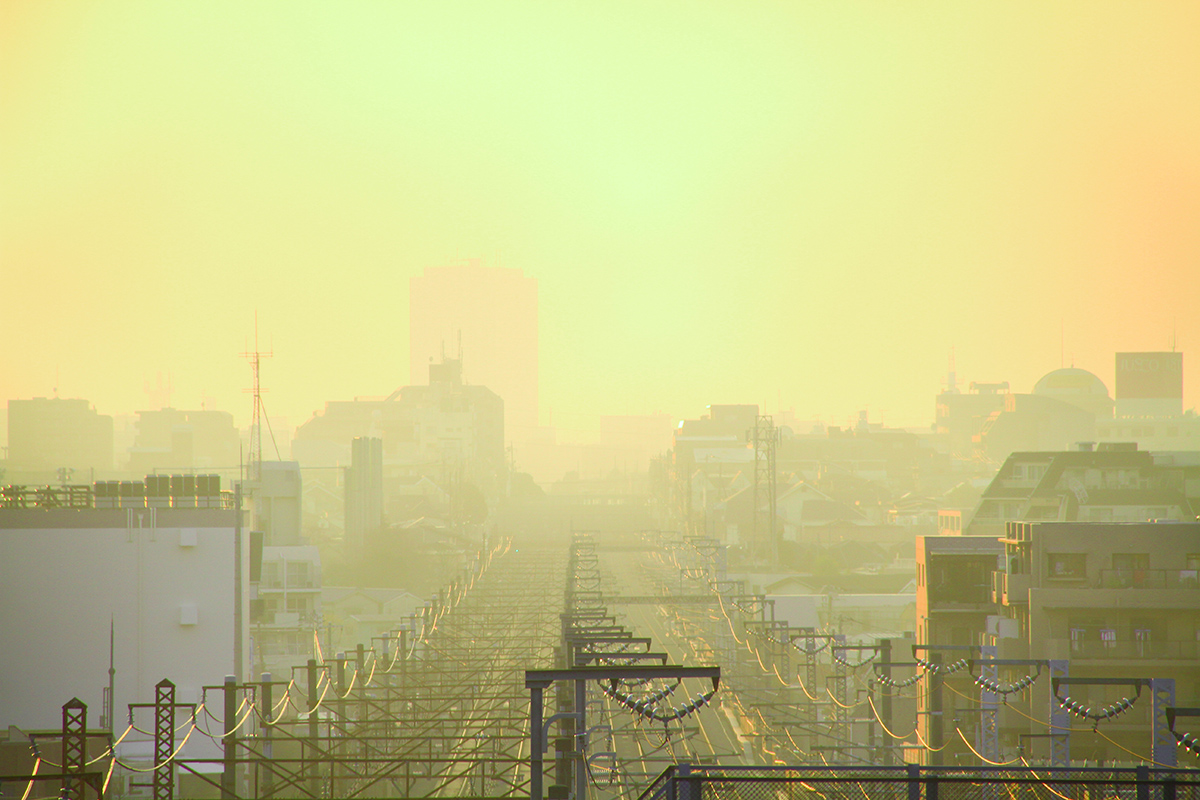
Bachelor of science student Stephanie Schneider studies atmospheric dust with support from the Undergraduate Research Initiative. Photo credit: OiMax
With billions of tiny particles suspended in Earth's atmosphere, there is a lot more to dust than meets the eye. In fact, dust provides the perfect location for chemical reactions taking place midair-a potential that did not go unnoticed by fourth- year chemistry student Stephanie Schneider.
Under the direction of Sarah Styler, assistant professor with the Department of Chemistry, and with support from the University of Alberta's Undergraduate Research Initiative, Schneider has been investigating atmospheric dust since January 2016.
Highly reactive research
"My work focused on the creation of hydroxyl radicals from dust when it is illuminated with solar radiation," says Schneider. "These radicals affect things such as the concentrations of pollutants and impact naturally occurring chemical cycles in the atmosphere."
Understanding that dust is a source of the highly-reactive hydroxyl radical is very important, and opened many more potential research questions for Schneider. "Overall, we don't know very much about the chemical behaviour of dust in the atmosphere, but we are very excited to look more into it. What kind of dust is the most reactive? How does the reactivity change with transport?" she explains.
When the opportunity arose to share her discovery at the American Geophysical Union virtual undergraduate poster session, Schneider leapt at the chance-and the risk proved very much worth the reward.
Leaving the competition in the dust
"She prepared a research paper, filmed a presentation, and then answered questions from her peers and experts in the field live," says Styler.
Selected from a large pool of international presenters, Schneider won the grand prize for the virtual poster session, an all-expenses-paid trip to American Geophysical Union Conference in New Orleans in December 2017.
"Doing research is not the same thing as participating in laboratory courses. The Undergraduate Research Initiative has exposed me to the research process, and motivated me to pursue environmental chemistry in graduate school," says Schneider. "At the conference, I will have chance to talk more about my research. This was an amazing opportunity to develop my skills, and to make connections in my field. I can't wait."
Learn more about undergraduate research from the Undergraduate Research Initiative.